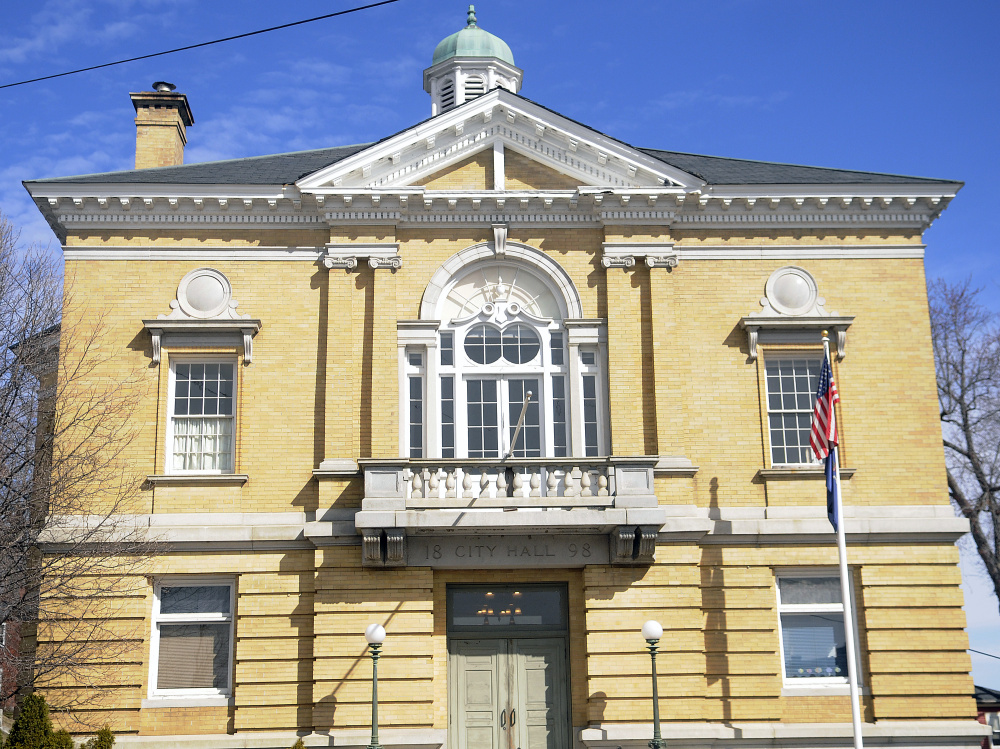An overwhelming majority voted to approve a new City Charter in Hallowell that will shape the way the city does business for decades, according to unofficial election results.
The vote was 1,122-279, or about 80 percent in favor of the new charter.
Last year, Hallowell voted to create a Charter Commission tasked with reviewing the charter, which hadn’t changed much since it was written more than 60 years ago.
The eight-person panel made several recommendations to the City Council, including changes to the way the police and fire chiefs are appointed each year and to the terms of city councilors and the mayor.
Committee Chairman Stephen Langsdorf and the committee decided that two-year terms for councilors, which created the opportunity for the turnover of half the council each year, wasn’t in the best interest of the city, so they proposed staggered three-year terms.
According to the newly approved charter, the 2017 election would include the mayor and councilors from Ward 2 and Ward 4 elected to three-year terms, and one at-large councilor would be elected to a two-year term.
The following year, the councilors from Ward 1 and 5, and one at-large councilor, will be elected to three-year terms, and the councilor from Ward 3 will be elected to a one-year term. Subsequently, the charter says, the term of office for each councilor and the mayor will be three years.
Another change in the charter stipulates that certain positions that fall under the city manager, such as the fire and police chief, would be subject only to an initial approval by the council. After that, the city manager would handle all matters of employment under normal practices.
The current charter says that the fire and police chiefs, for example, are reappointed to those positions each January, and the reappointments then are voted on by the new council. The problem, Langsdorf said, is that the council — especially newly elected councilors — doesn’t have all the information about the appointee’s employment needed to make a decision about whether they should be reappointed.
The new charter also places a limit of $249,999 that the council could borrow without requiring voter approval. Currently, there is no limit to how much the council can borrow, and the commission thought a limit was “appropriate,” considering all the money and bonding being discussed in connection with the Stevens Commons redevelopment and the Water Street reconstruction project.
Jason Pafundi — 621-5663
Twitter: @jasonpafundiKJ
Send questions/comments to the editors.




Comments are no longer available on this story